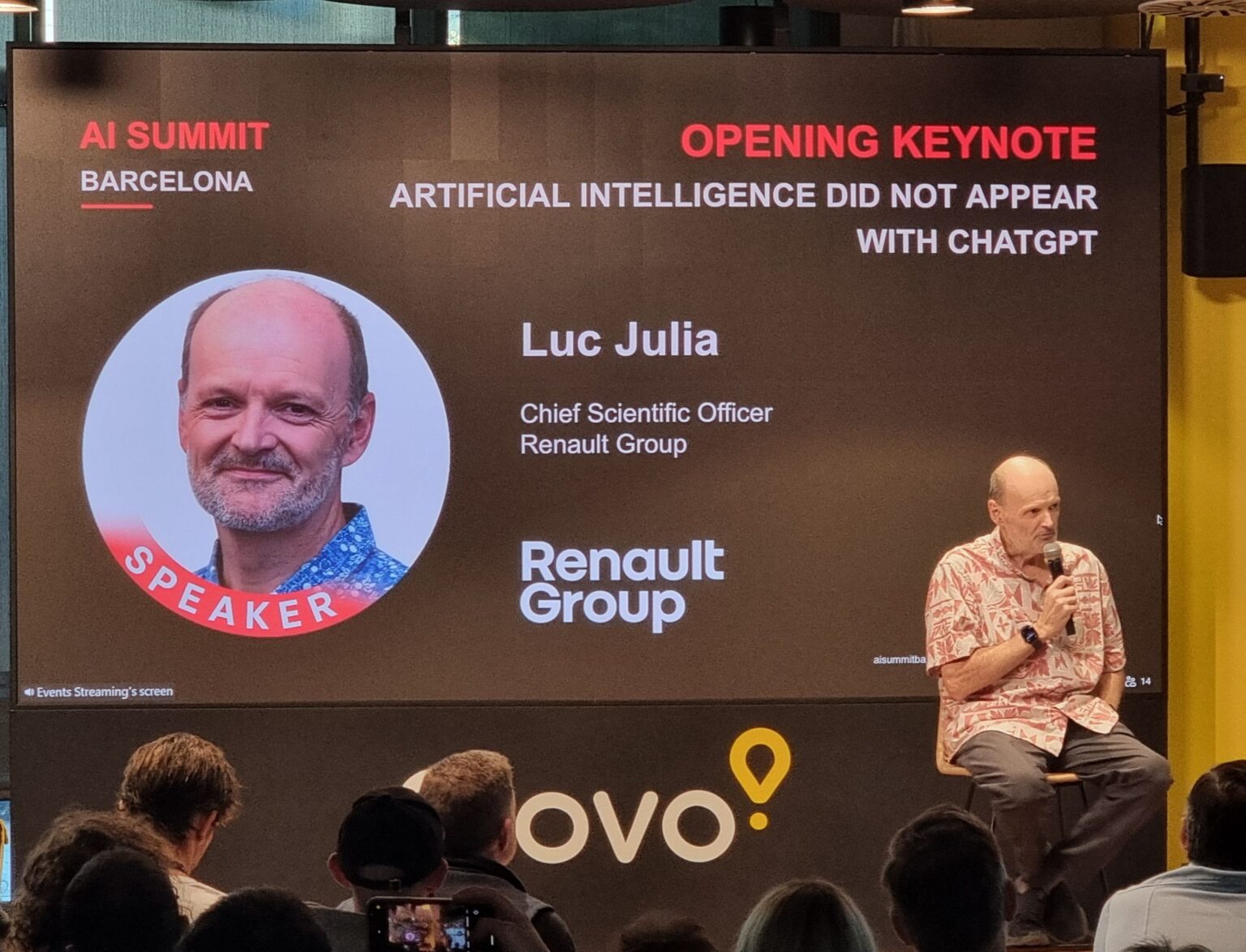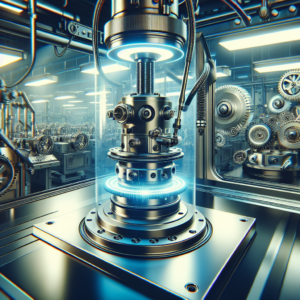Luc Julia, Chief Scientific Officer of Renault and notable for his work on the development of Siri, delivered an enlightening talk at the AI Summit Barcelona 2025, where he demystified the concepts surrounding artificial intelligence. During his presentation, he emphasized that, while AI may seem impressive, its foundation is essentially mathematical and should not be viewed as a conscious or emotional entity. Julia highlighted that the discussion about AI is not new; its origins date back to 1965.
In his talk, the scientist illustrated the evolution of artificial intelligence, citing historical examples like Blaise Pascal’s “Pascaline,” created in 1642. From his perspective, machines have surpassed human capabilities in various tasks for centuries, and he questioned the use of the term “artificial intelligence,” suggesting that phrases like “machine learning” are more appropriate.
Julia also warned about the risks associated with relying on AI models based on information available on the Internet. He predicted that in the coming years, it will be challenging to trust the accuracy of online data. The rapid adoption of technologies like ChatGPT, which already has over 200 million users, introduces significant ethical dilemmas, especially as AI agents capable of performing complex tasks autonomously are developed.
Furthermore, the Renault director addressed the environmental impact of technological development, indicating that data centers require vast amounts of energy and water. He criticized the lack of attention to environmental implications in the race to lead these innovations, urging attendees to reflect on the use of technology and its consequences.
The AI Summit Barcelona 2025 established itself as a key event, bringing together over 1,000 participants at the Glovo Campus and attracting thousands to various parallel activities in the city. This gathering is backed by major sponsors, positioning itself as a reference point in the field of artificial intelligence.
Source: MiMub in Spanish










